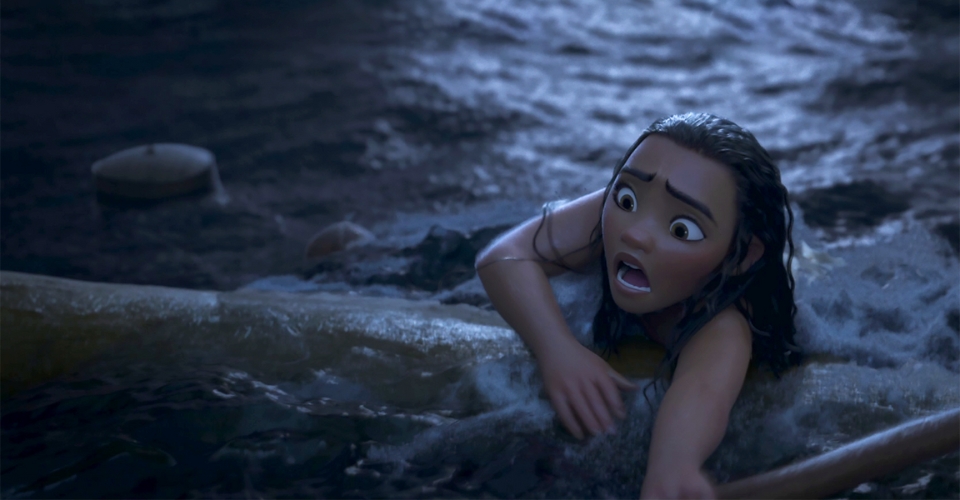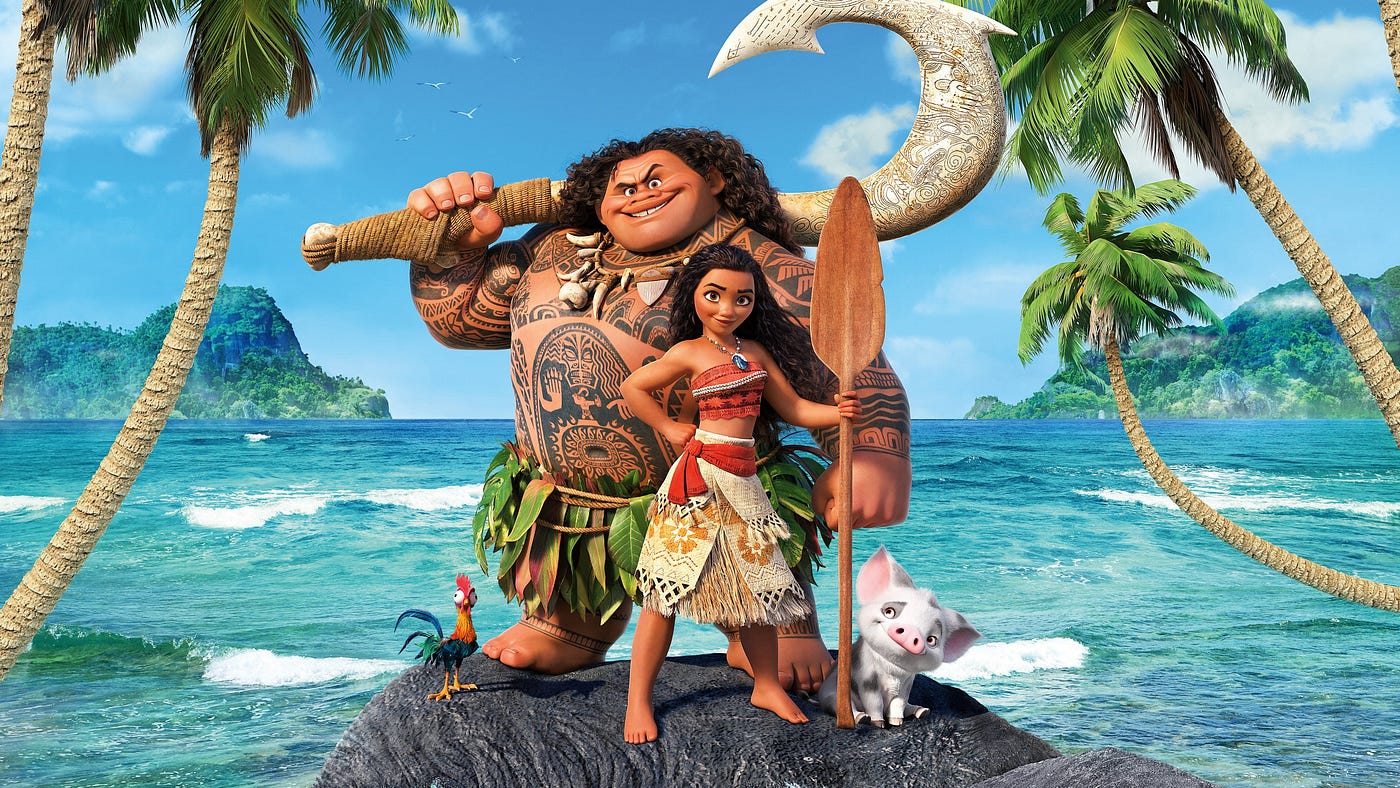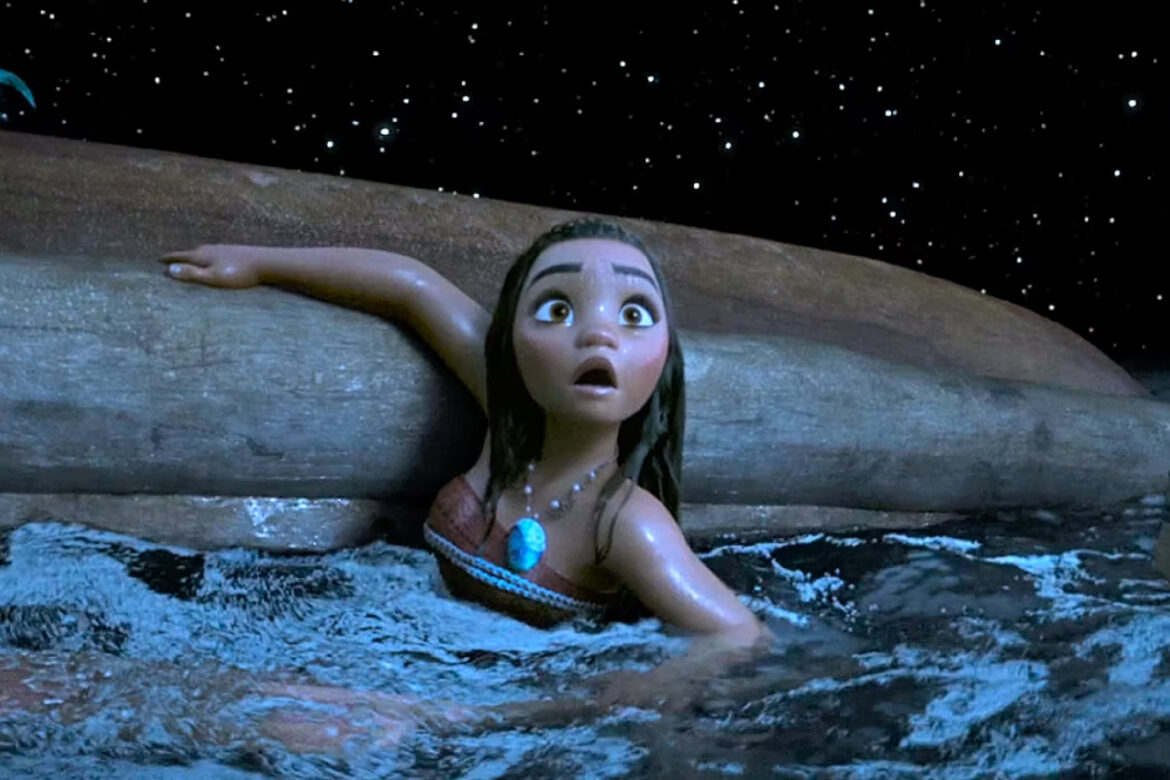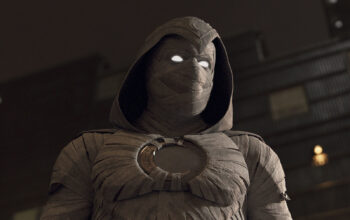Introduction
The world of Disney has always been one that intertwines the magical with the real, often leaving viewers with lingering questions and a penchant for deeper meanings. Among the many narratives that have sparked audiences’ curiosity worldwide is the 2016 animated film, “Moana.” A particular fan theory has risen to prominence, posing the intriguing question: did Moana die in the storm she encounters early in her voyage? This article delves into this theory, exploring its roots, implications, and the larger context within which it exists.
The Genesis of the Theory

“Did moana die” The theory that Moana may have died in the storm is not an officially recognized part of the film’s narrative but a speculation that has gained popularity among fans. It originates from a critical scene in the movie where Moana encounters a violent storm that capsizes her boat in her quest to save her island. The theory suggests that the battery was fatal and that the subsequent events of the movie occur in an afterlife or a mythical realm.
This speculation is bolstered by the film’s subsequent shift in tone and setting. Post-storm, Moana finds herself on an island with Maui, a demigod, marking the beginning of a series of interactions with entities that are not strictly human, including her deceased grandmother and the ocean itself, which seems to have a mind of its own. These interactions form the crux of the theory, as they could be interpreted as experiences beyond the mortal realm.
Read More: Moon Knight Season 2 Release Date
Analyzing the Narrative Structure
To understand the validity of this theory, one must closely analyze the narrative structure of “Moana.” The film is deeply rooted in Polynesian mythology, where the lines between the natural and supernatural are often blurred. The character of Moana is not just a girl on a voyage; she represents a cultural archetype, a chosen individual who bridges the human world and that of the gods.
In Polynesian folklore, the ocean is a living entity, a character in its own right. Moana’s interaction with the sea and her ability to communicate with non-human elements fit well within these cultures’ traditional narrative style; however, this does not necessarily imply her death; instead, it could be viewed as an artistic representation of her deep connection with her heritage and the natural world.
The Role of Mythology and Culture

The importance of mythology and culture in interpreting this theory cannot be overstated. Polynesian culture is rich in tales of heroes and demigods interacting with humans. The character of Maui, for instance, is a significant figure in these myths. His presence in Moana’s journey could be seen as a symbolic, rather than literal, crossing into the afterlife.
Furthermore, Moana’s interactions with her deceased grandmother, Tala, who appears as a guiding spirit, might represent ancestral wisdom and guidance, a common theme in many cultures. This portrayal does not necessarily suggest that Moana is dead but emphasizes the strong connection between the living and their ancestors in Polynesian culture.
Read More: How Did Curious George Die?
The Symbolism of Moana’s Journey
Another aspect of this theory revolves around the symbolism embedded in Moana’s journey. Her voyage can be seen as a rite of passage, a journey of self-discovery and personal growth. The challenges she faces and overcomes, including the storm, symbolize her inner struggles and the process of maturing. In many narratives, such journeys often involve death and rebirth, but these are typically metaphorical, representing a transformation or awakening rather than a literal death.
This interpretation aligns well with the film’s resilience, bravery, and self-identity themes. Moana’s journey is about saving her people and discovering who she is and what she is capable of. This process often involves overcoming metaphorical ‘deaths’ – moments of despair, failure, and reawakening.
Impact on Audience and Cultural Perception

It’s important to consider how this theory and its discussion impact the audience’s perception of the film and Polynesian culture. While the question of did moana die in the storm? and her journey through an afterlife adds depth and intrigue, it’s crucial to understand it within the film’s cultural and mythological background.
The portrayal of Moana’s journey should be seen as a celebration of Polynesian culture, myths, and connections with the environment rather than a literal narrative about death and the afterlife. Such interpretations should enhance, not overshadow, the rich cultural heritage that “Moana” brings to the forefront of global cinema.
Conclusion
In conclusion, the theory that Moana died in the storm is a fascinating speculation that adds complexity to an already rich narrative. However, it is essential to view this theory through the lens of the cultural and mythological context of the film. “Moana” is a story that transcends the conventional boundaries of life and death, weaving a tale deeply rooted in Polynesian culture and mythology. Whether seen as a symbolic journey of self-discovery or a literal voyage across realms, Moana’s story remains a compelling narrative of courage, growth, and the unbreakable bond between humanity and the natural world.




